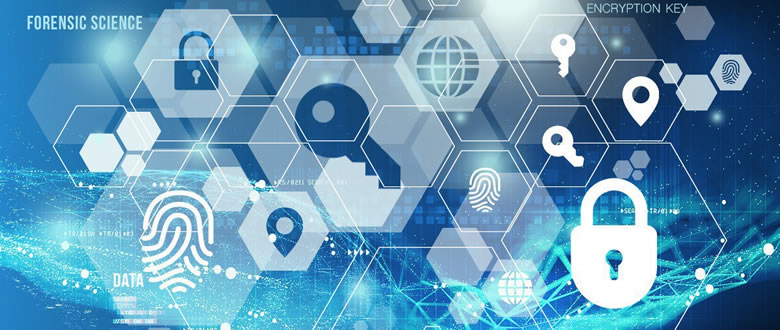January 26th, 2026 by Oleg Afonin
During the last decade, the evolution of charging standards in consumer electronics has been defined by an attempt to develop a single, unified power delivery interface centered around the USB Type-C connector. Historically, power delivery was characterized by a clear separation between data interfaces and dedicated power connectors. The Universal Serial Bus (USB) was originally introduced in the mid-1990s as a data bus for low-speed peripherals, with power capabilities capped at levels intended to support mice and keyboards rather than charge batteries – never intended to power demanding hardware.
Read the rest of this entry »

